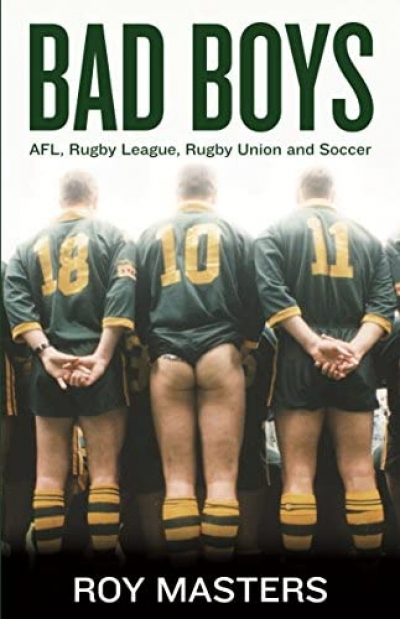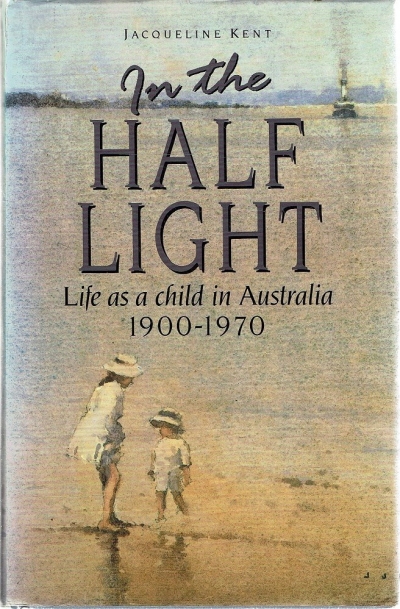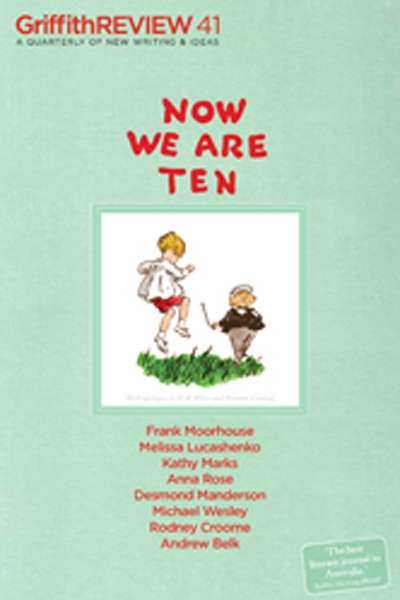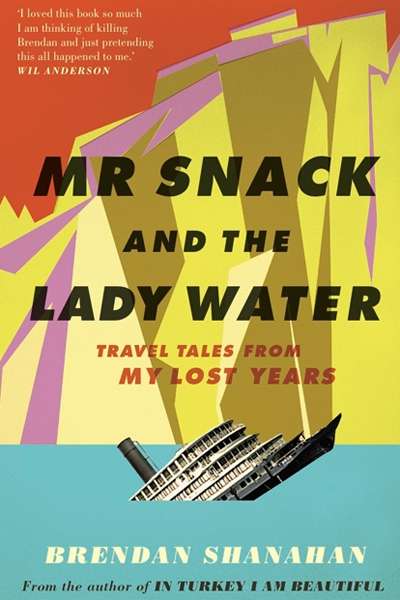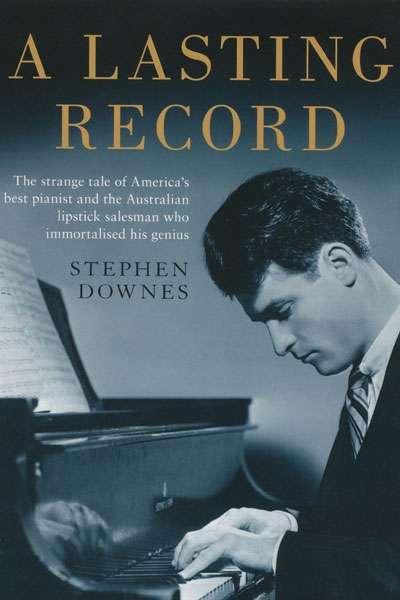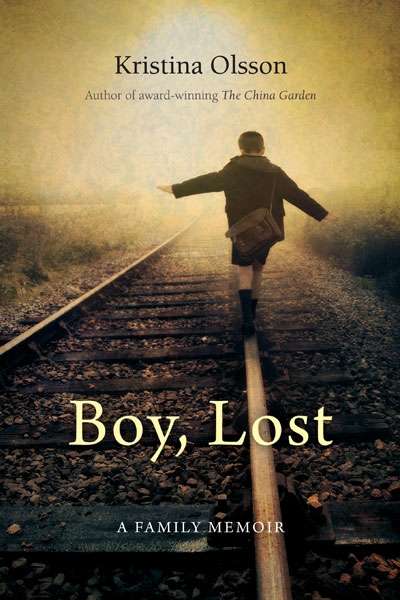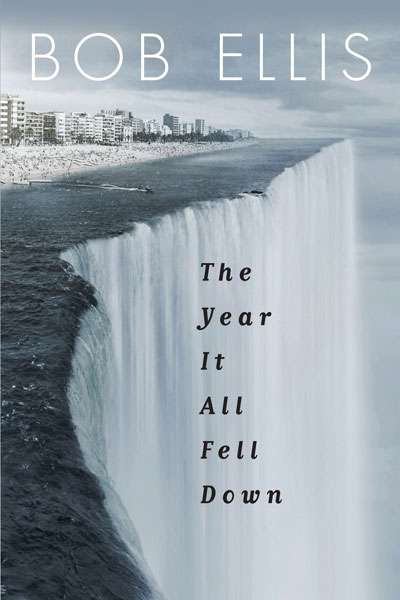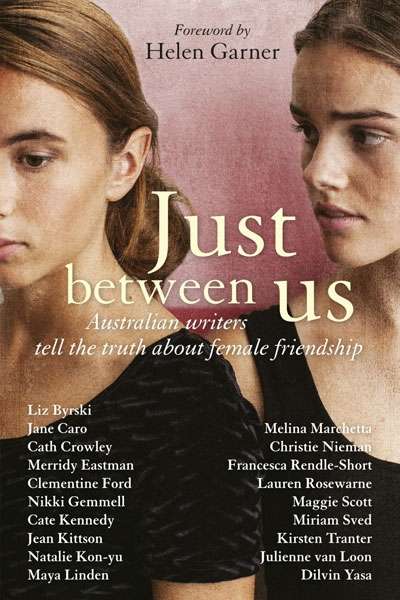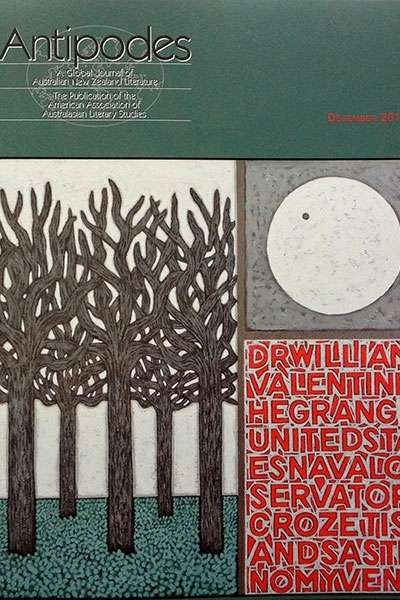Australian Voices
Bad Boys: AFL, Rugby League, Rugby Union and Soccer by Roy Masters
by Braham Dabscheck •
In the Half-Light: Life as a child in Australia 1900-1970 edited by Jacqueline Kent
by Brenda Niall •
I think we all write out of a mixture of egoism and a need to work out how we understand the world – ‘writing as therapy’. Luckily, I have only rarely felt the need to write to fulfil the demands of academia, which are producing vast amounts of ‘writing’ that benefits no one and is a strain on those forced to produce it.
... (read more)Mr Snack and the Lady Water: Travel Tales from My Lost Years by Brendan Shanahan
by Alex O'Brien •
Just Between Us: Australian Writers Tell the Truth about Female Friendship edited by Maggie Scott et al.
by Milly Main •
Antipodes: A Global Journal of Australian/New Zealand Literature, Vol. 26, No. 2 edited by Nicholas Birns
by Cassandra Atherton •

